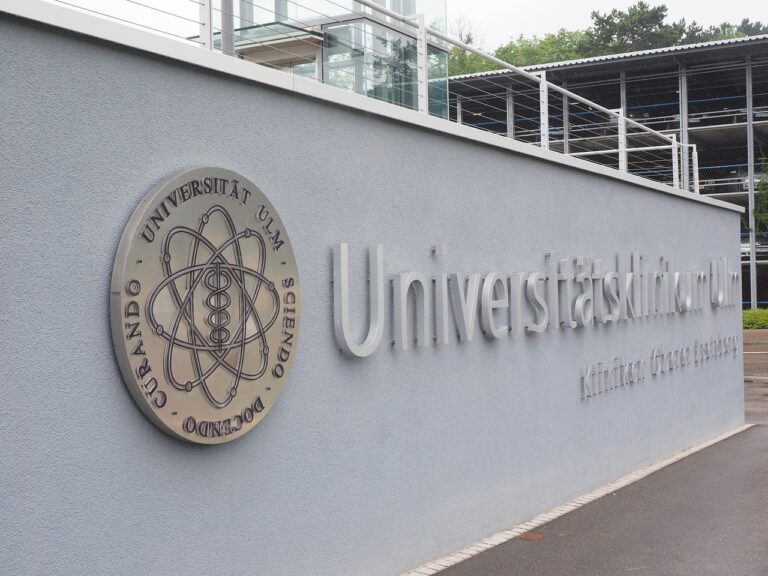The Role of Data Science in Audience Segmentation: Allexchbet com login, 99exch.com, All panel
allexchbet com login, 99exch.com, all panel: Data science plays a crucial role in audience segmentation, allowing businesses to better understand their target audience and tailor their marketing strategies accordingly. By analyzing large amounts of data, data scientists can identify patterns and trends within a target audience, helping businesses create more targeted and personalized marketing campaigns. In this article, we will discuss the importance of data science in audience segmentation and how it can benefit businesses.
Understanding Audience Segmentation
Audience segmentation is the process of dividing a target audience into different groups based on specific criteria such as demographics, behaviors, and preferences. By segmenting their audience, businesses can create more personalized marketing messages that resonate with each group, leading to higher engagement and conversion rates.
The Role of Data Science
Data science plays a critical role in audience segmentation by analyzing large datasets to identify patterns and trends within a target audience. By using advanced analytical techniques, data scientists can uncover valuable insights that help businesses understand their audience better and create more targeted marketing campaigns.
Data scientists can use various tools and methodologies to segment audiences, such as clustering algorithms, regression analysis, and machine learning models. These techniques allow businesses to group customers based on their similarities and differences, enabling them to create more personalized marketing strategies.
Benefits of Data Science in Audience Segmentation
There are several benefits of using data science in audience segmentation, including:
1. Improved targeting: By segmenting their audience effectively, businesses can target specific groups with relevant marketing messages, leading to higher engagement and conversion rates.
2. Personalization: Data science allows businesses to create personalized marketing messages that resonate with each segment of their audience, increasing the likelihood of a positive response.
3. Increased ROI: By targeting the right audience with the right message, businesses can improve their return on investment (ROI) and maximize the effectiveness of their marketing campaigns.
4. Better decision-making: Data science provides businesses with valuable insights that help them make data-driven decisions about their marketing strategies, leading to better outcomes.
Overall, data science plays a crucial role in audience segmentation by helping businesses understand their target audience better and create more personalized marketing campaigns. By leveraging data science techniques, businesses can improve their targeting, increase personalization, and maximize their ROI.
FAQs:
1. What is audience segmentation?
Audience segmentation is the process of dividing a target audience into different groups based on specific criteria such as demographics, behaviors, and preferences.
2. How does data science help in audience segmentation?
Data science helps in audience segmentation by analyzing large datasets to identify patterns and trends within a target audience, enabling businesses to create more personalized marketing campaigns.
3. What are the benefits of using data science in audience segmentation?
Benefits of using data science in audience segmentation include improved targeting, personalization, increased ROI, and better decision-making.







